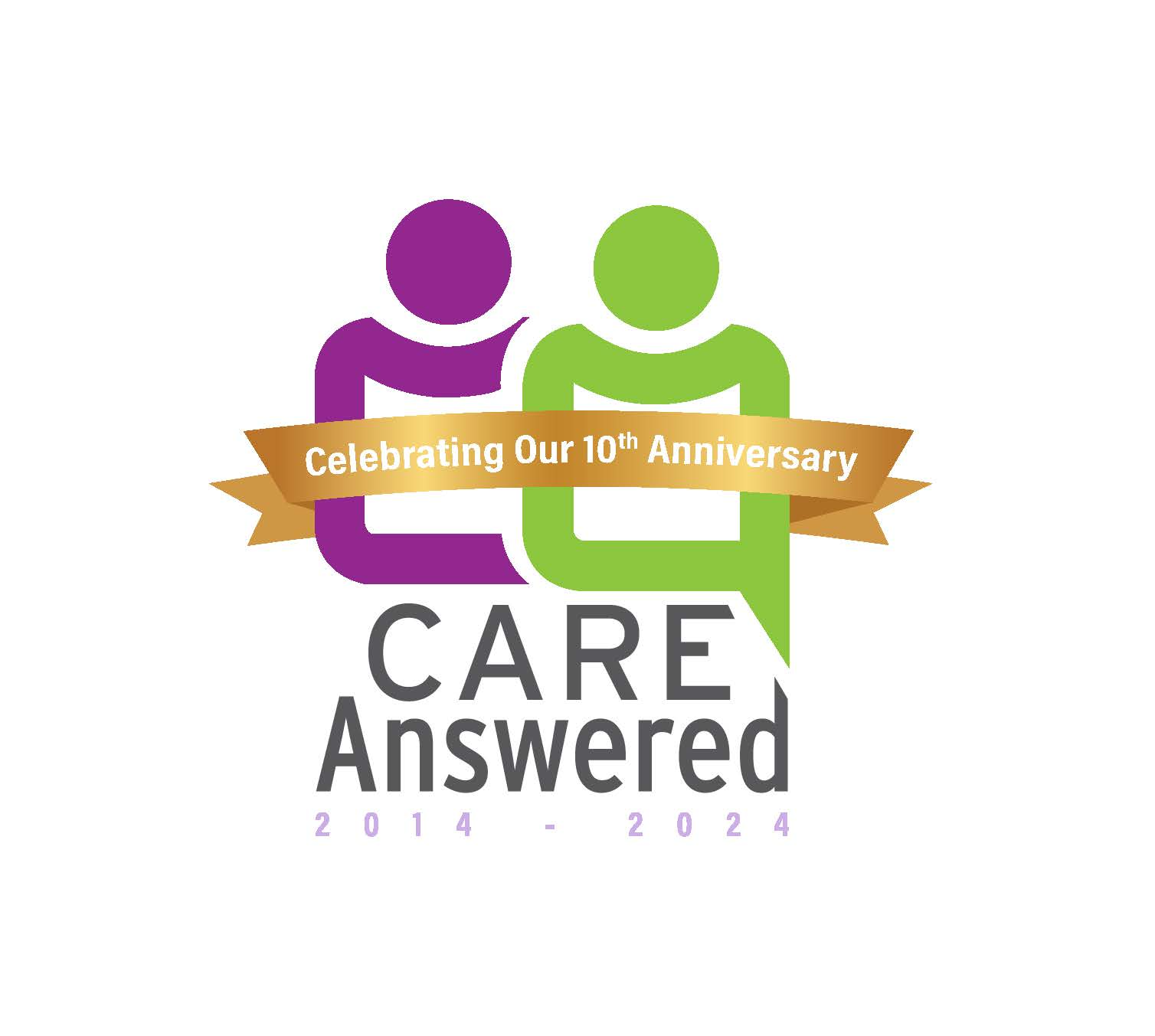You Are What You Eat. Choose a Diet That’s Good for Your Health.
What does diet have to do with health? Quite a bit, according to the experts. Generally speaking, it is well documented that lifestyle factors including smoking, exercise and healthy eating contribute significantly to a person’s risk of developing the most serious and common health conditions, including diabetes, heart disease and cancer. Many studies have also linked diet with the delayed onset or prevention of chronic health conditions. March is Nutrition Month, and in recognition, we have summarized some of the recent research around diet and health for you.
The Mediterranean Diet emphasizes fish, nuts, fruit and vegetables. A 2013 study found that women who followed the Mediterranean Diet in their 50s had fewer memory problems and fewer chronic illnesses as they aged.
DASH stands for Dietary Approaches to Stop Hypertension. It is an eating plan developed to lower high blood pressure and reduce levels of LDL, the so-called “bad” cholesterol. Recent research has also linked the DASH diet to reduced rates of some kinds of cancer, stroke, heart disease, heart failure, kidney stones, and diabetes. The diet is centered on eating fruits, vegetables, low fat or nonfat dairy, whole grains, lean meats, fish and poultry, nuts and beans.
Evidence shows that lifestyle changes focusing primarily on diet and exercise can help individuals with pre-diabetes avoid the progression to diabetes. Selecting whole grains over processed grains and lean proteins such as nuts, beans and fish over red meat and processed meats are known to help prevent diabetes. Other dietary habits that can help include avoiding refined carbohydrates – think breads, cakes, white rice, pasta and potatoes – as well as sugary drinks.
The Future: Precision Nutrition
The newest breakthroughs in nutrition research concern precision nutrition. Because individual responses to dietary changes may vary from person to person, precision nutrition is focused on creating specific dietary plans based on an individual’s physical and environmental factors such as DNA, microbiome, metabolism, health history and lifestyle. Current research is exploring the use of precision nutrition in diabetes prevention.
So What Should I Eat?
Every diet wo n’t work for every person. Individual food preferences, convenience, access to fresh fruits and vegetables, time to prepare healthy foods, and a multitude of other factors may affect the success of a particular diet plan. If you are looking to improve your health, lose weight or just eat better, experts tend to agree on a few basic dietary guidelines.
n’t work for every person. Individual food preferences, convenience, access to fresh fruits and vegetables, time to prepare healthy foods, and a multitude of other factors may affect the success of a particular diet plan. If you are looking to improve your health, lose weight or just eat better, experts tend to agree on a few basic dietary guidelines.
- Reduce your consumption of red meat
- Eat a wide variety of vegetables and fruit
- Choose lean protein sources
- Limit fats, sweets and processed carbohydrates
Generally what’s good for your heart is also good for your brain. A qualified nutritionist or your primary care physician can provide additional guidance on what will constitute a healthy diet for you.
Bon appetit!

